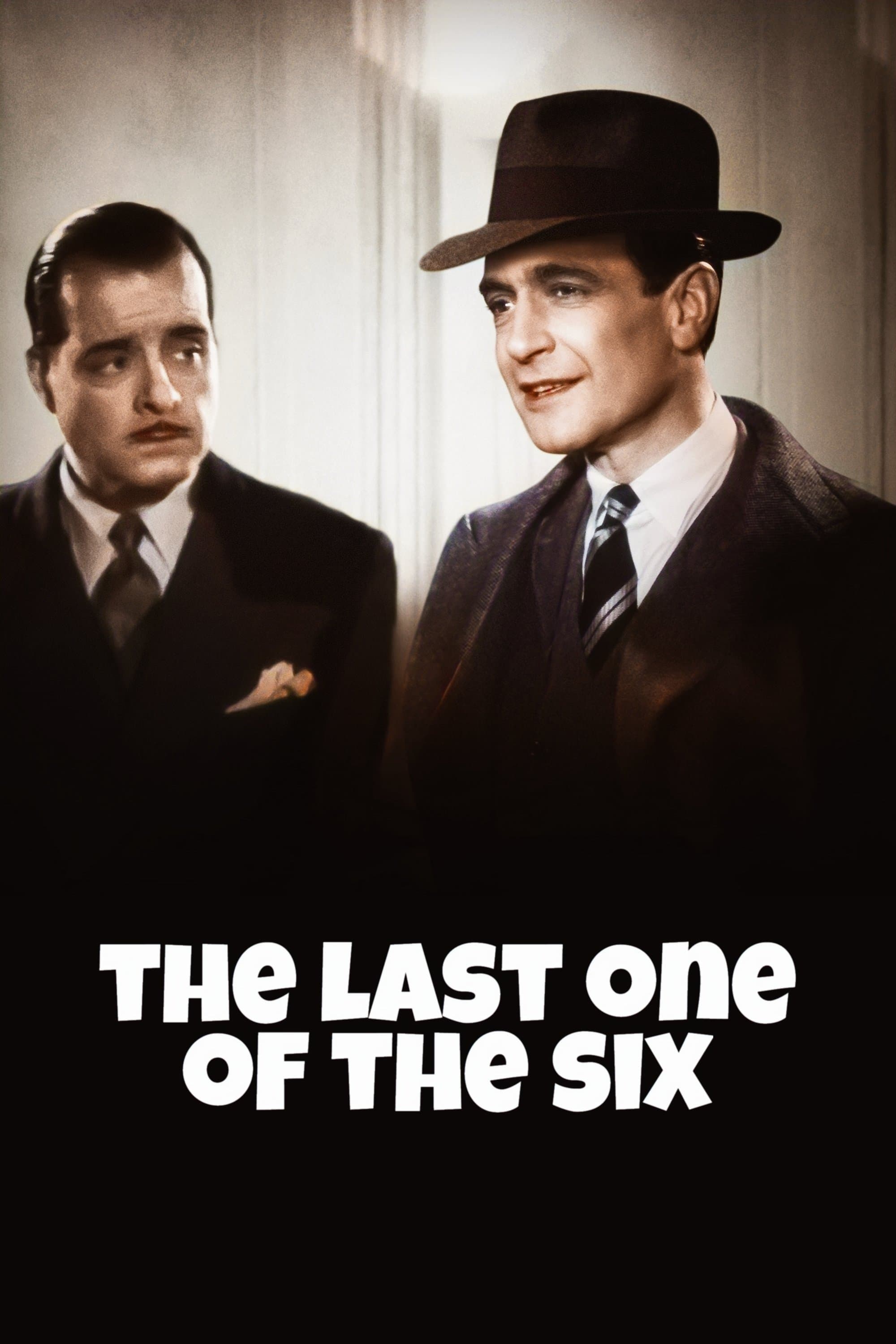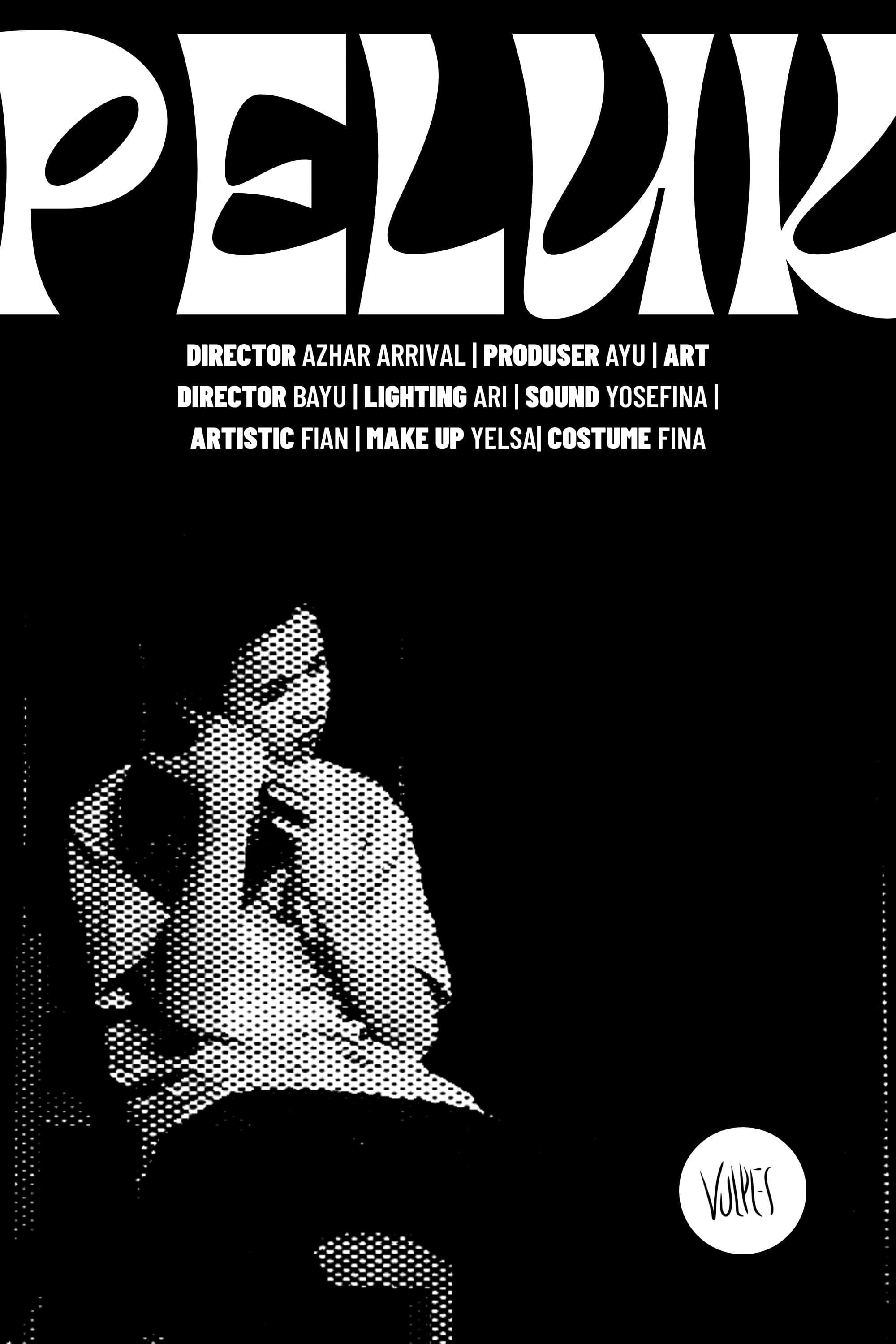
Shanghai Belle
Jan 01 2011
•2h 54m
•Drama
The destinies of five young women from all over the world intertwine in Paris as they embark on a roller-coaster ride of extremes in their search for love, sex and money. Based upon true stories, Shanghai Belle tells the destiny of five young women who all go through 'hell' to finally receive an unexpected redemption. Each of them states her intimate confessions through daily diaries. They experiment a journey on the 'edge'. The result of which is the loss of their innocence...
Cast
See allMarie Février
Chloé

Elena Kuletskaya
Ira
Kate Rozz
Sylwia
Benjamin Feitelson
David
Recommendations
See all
Stagecoach
Story follows a stagecoach ride through Old West Apache territory. On board are a cavalry man's pregnant wife, a prostitute with a broken heart, a Marshal taking in his prisoner Johnny Ringo, a crooked gambler, and the infamous Doc Holliday

The Last One of the Six
Paris, France. Commissaire Wens is put in charge of the investigation into the murder of one of six friends who, in the past, made a very profitable promise.

Flow
A turbulent day in a life, painted by air.

123 Hugs
If hugs are tangible why am I hugging the void